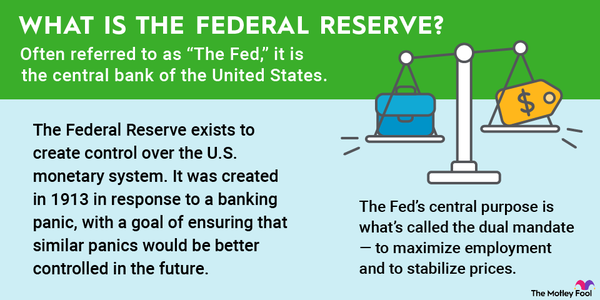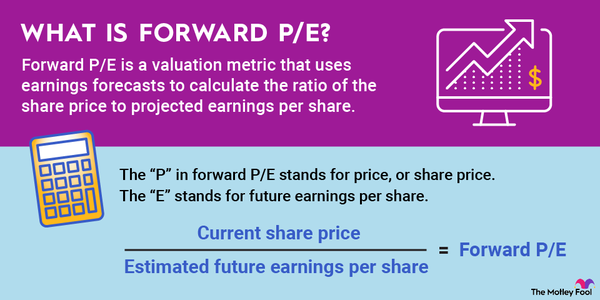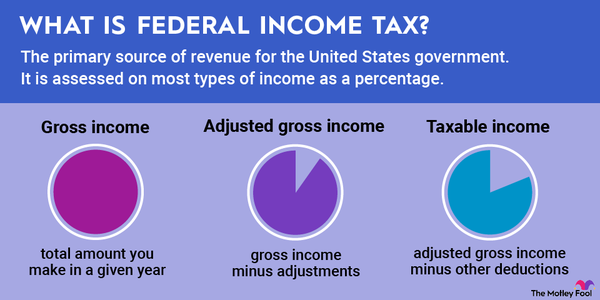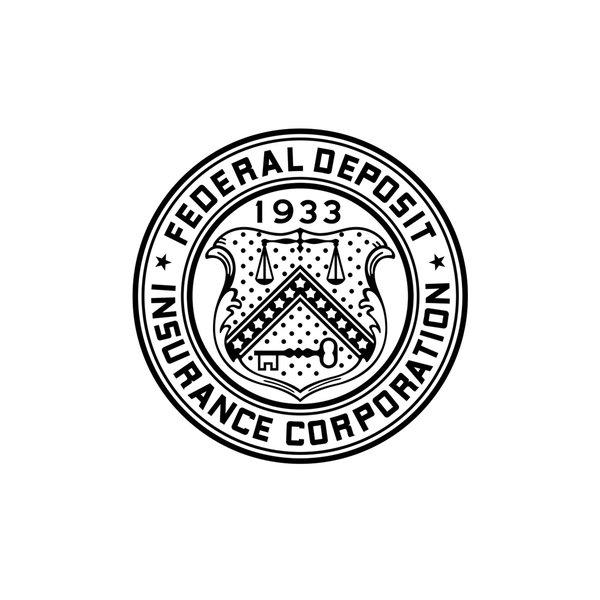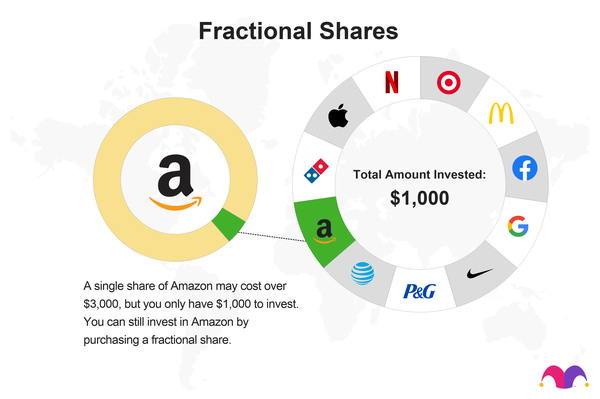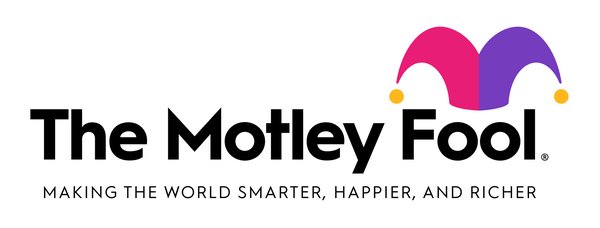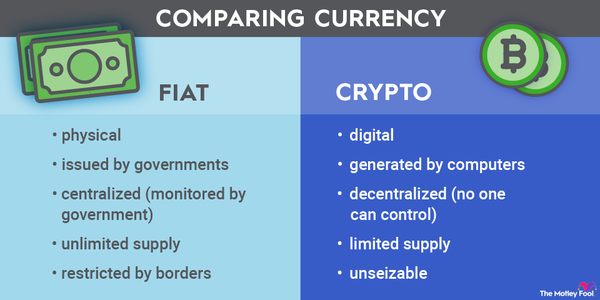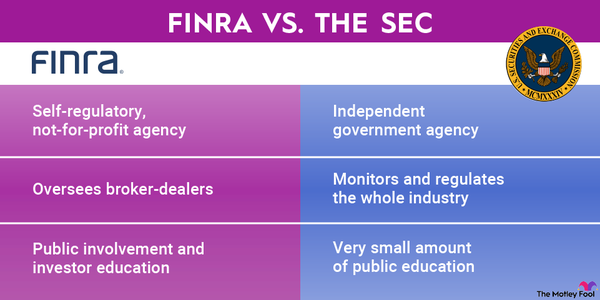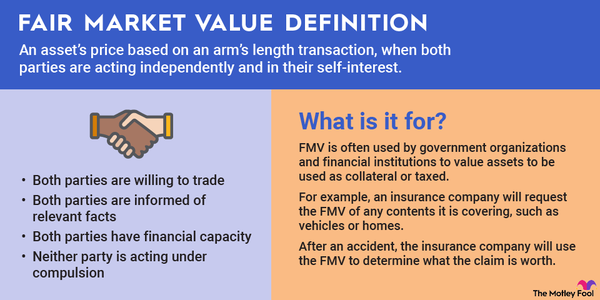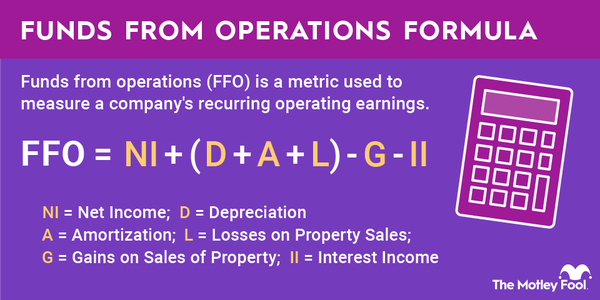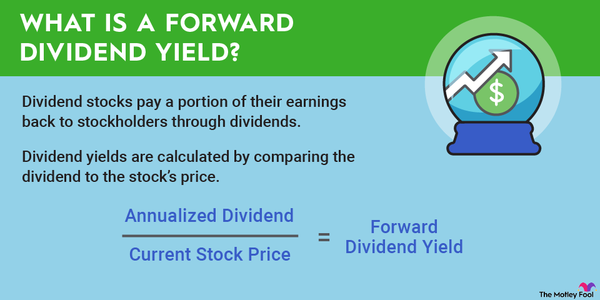The Securities and Exchange Commission (SEC) is a federal regulatory agency that enforces financial laws and aims to prevent stock market manipulation and other illegal activity. SEC filings are available to the public and provide a level of transparency that helps prevent financial abuse and allows investors to stay informed.
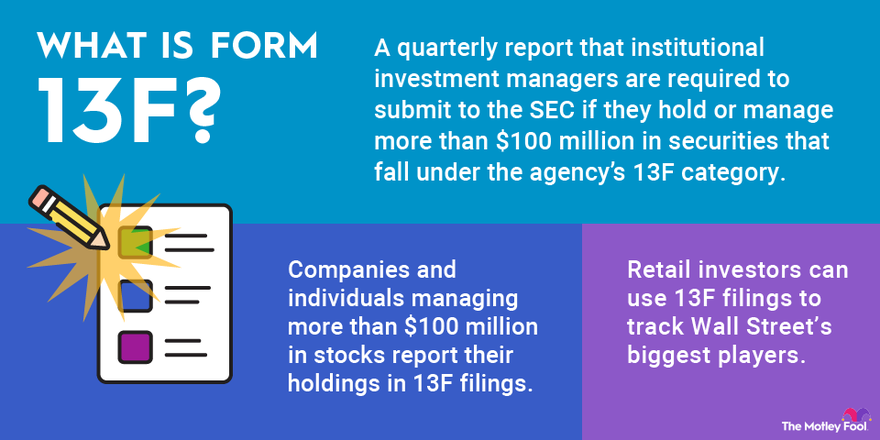
In particular, the SEC Form 13F provides valuable insights into the stocks and other equities and financial instruments owned and managed by companies and individuals.
What is it?
Understanding the SEC Form 13F
Institutional investment managers are required to submit a 13F form to the SEC if they hold or manage more than $100 million in securities that fall under the agency's 13F category. These securities include shares of stocks that trade on the Nasdaq Stock Exchange and the New York Stock Exchange (NYSE).
The category also includes shares of exchange-traded funds (ETFs) and closed-end investment companies. Convertible debt securities, equity options, and warrants are also reported in some cases.
Who must use it?
Who has to submit 13F forms?
Investment conglomerates, banks, insurance companies, pension funds, and individual investment advisors are all subject to 13F filing requirements if they hold more than $100 million in relevant securities. Businesses holding large investment portfolios are also considered institutional investment managers. Even companies operating outside the financial services space must submit quarterly 13F filings.
For example, Nvidia (NVDA 1.05%) began submitting publicly available 13F forms to the SEC in 2024. Interest in artificial intelligence (AI) helped push the value of the company's stock portfolio above $100 million, so the semiconductor specialist had to submit the disclosure filing to the agency. Because of Nvidia's highly influential position in the AI revolution, the disclosure of its investments helped create additional bullish momentum for some stocks it owned.
Institutional Investor
Importance
Why are 13F forms important for investors?
Retail investors can use 13F filings to track Wall Street's biggest players. Due to their size and resources, institutional investors enjoy significant advantages in the stock market. While 13F forms are submitted to the SEC only on a quarterly basis, these filings offer the average investor a window into the strategies of the world's most successful investment companies and individual asset managers.
The 13F disclosures can also substantially impact the valuation of individual stocks and the market at large. These filings show the stocks that Wall Street's most high-profile investment managers are buying and selling, and this information can help shape market sentiment.
An example
An example of the 13F form in action
Berkshire Hathaway (BRK.A -0.4%)(BRK.B 0.83%) is one of the world's largest and most successful companies. Led by CEO Warren Buffett, the company owns a stock portfolio worth hundreds of billions of dollars and a long list of fully and partially owned subsidiary businesses. Buffett's investment conglomerate submits a publicly available 13F form to the SEC after each quarter, and its holdings disclosures are watched closely in the financial world.
Related investing topics
Many investors pay close attention to Berkshire Hathaway's quarterly 13F filings because they reveal which stocks the investment company bought and sold in the previous quarter and how much cash and fixed income investments it owned. By tracking which stocks Buffett's company owns, investors can observe and replicate the strategies of one of the world's most successful financial conglomerates.
Monitoring Berkshire's cash pile and whether the company has been a net buyer or seller of stocks can also provide insight into how Buffett and his team of analysts feel about the health of the overall stock market.









